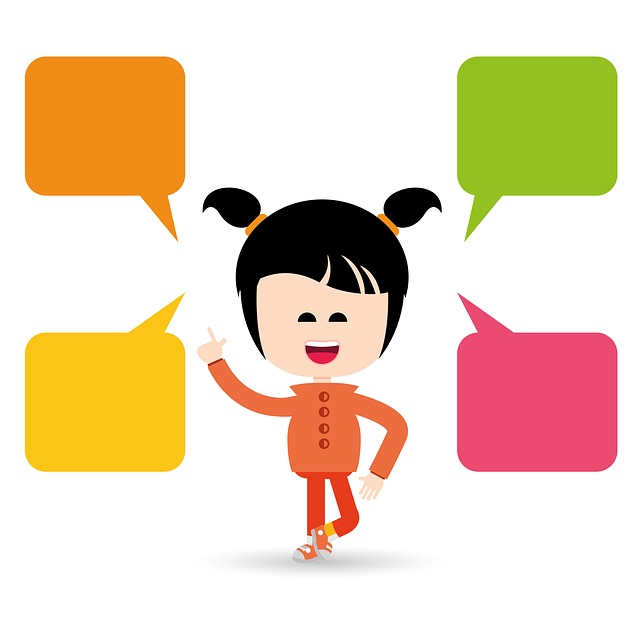Over the holiday break, I had a chance to read a book called Thirty Million Words: Building a Child’s Brain by Dr. Dana Suskind, a pediatric otolaryngologist specializing in hearing loss and cochlear implantation with the University of Chicago Medicine. She is also the founder and director of the Thirty Million Words project. In the book, Dr. Suskind shares her research findings and provides a framework for how parents can provide a language-rich environment in the birth-to-three years. I found this book to be very interesting and thought it would be helpful to share some of Dr. Suskind’s findings in a blog post.
Firstly, why the name Thirty Million Words? Dr. Suskind discusses the relationship between the amount of language heard in the first few years of life and the child’s ultimate ability to learn, including his or her vocabulary, language processing, and executive functioning (attention, ability to plan, etc.). Through her analysis of the available research and her own research, she found that children in more language-rich environments heard thirty million additional words by the age of 3 than children who were not exposed to that environment.
The Thirty Million Words project works to educate parents on how to provide a rich language environment and close that gap through the Three T’s framework.
- Tune In: This involves the parent noticing what the child is focused on and talking with the child about the focused item. You may hear some speech language pathologists call this “following your child’s lead.”
- Talk More: When suggesting to “talk more”, it is not solely just increasing the quantity of words your child is hearing, you also want to think about the quality of what you are saying. This means avoiding vague language, such as “it” or “that,” narrating what you are doing, talking about what your child is doing, and expanding your child’s utterances. They also discussed the importance of decontextualized language, which includes using familiar vocabulary words to talk about things you have done with your child, a toy you recently played with, or someone your child knows.
- Take Turns: This involves engaging your child in a conversational exchange, giving your child time to respond and asking open-ended questions.
This framework is designed to work within daily routines so you can continue to “build your child’s brain”. For more information on this program, you can visit their website at: https://tmwcenter.uchicago.edu/.

